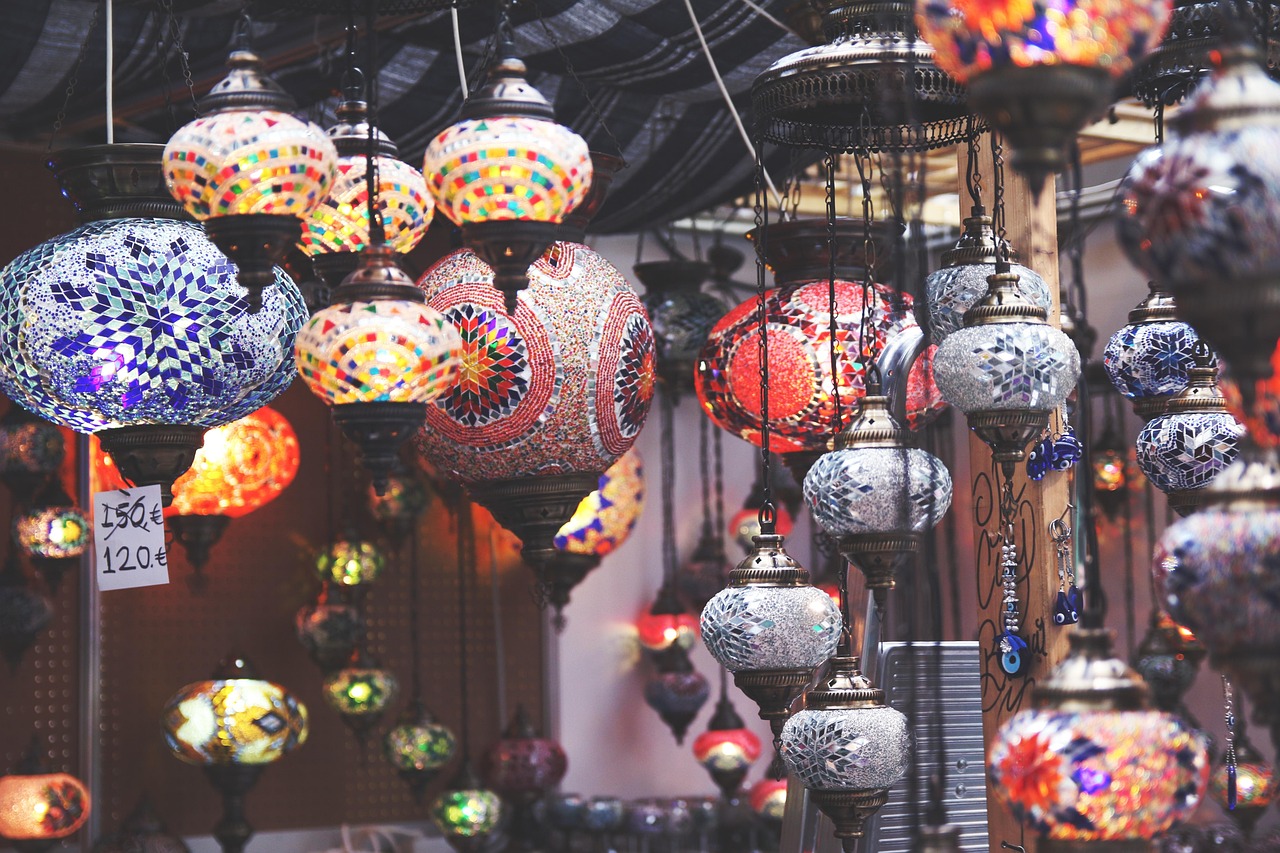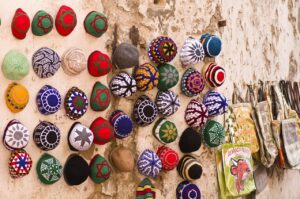When you think about traveling through Africa, majestic safaris, sweeping deserts, and ancient ruins might come to mind. But one of the most vivid, authentic, and unforgettable experiences lies in the heart of its bustling markets. African markets are living museums of culture, commerce, and community, where the vibrant colors, lively sounds, and tantalizing aromas weave together into an extraordinary tapestry of life.
From the sprawling open-air markets of Marrakech to the hidden artisan stalls in Lagos, these marketplaces offer a sensory feast and an intimate glimpse into the soul of the continent.
The Market as a Social Hub
In many African societies, markets are more than just places to buy and sell goods — they are the heartbeat of the community. Here, people gather not only to trade but to connect, exchange stories, celebrate traditions, and build relationships. Markets serve as stages where daily dramas unfold, friendships bloom, and cultural rituals are practiced.
Walking into a traditional market often feels like stepping into a different world. The energy is palpable, and every corner reveals a new story. Vendors proudly display handcrafted goods made by local artisans, while customers haggle passionately, the rhythm of negotiation as natural as breathing.
Colors That Tell Stories
One of the first things that hits you when entering an African market is the explosion of colors. From the rich indigo blues of Malian textiles to the fiery reds and oranges of Ghanaian kente cloth, colors in African markets aren’t just beautiful — they carry meaning.
Take, for example, the fabrics sold in West African markets. Each pattern and color combination can represent everything from social status to spiritual beliefs. The bold, geometric designs of the Kuba cloth in the Congo are steeped in centuries of history, and buying a piece means taking home a piece of that legacy.
Markets are also alive with the hues of fresh produce — bright yellow plantains, deep purple eggplants, and vibrant green herbs. Spices like turmeric, paprika, and cinnamon fill the air with fragrant whispers of the dishes that define African cuisine.
The Symphony of Sound and Smell
Markets are sensory overload in the best way possible. The calls of vendors echo through the stalls, singing praises of their goods in melodious local dialects and sometimes laughter or music in the background. The clatter of coins, the rustle of cloth, and the footsteps of shoppers add to the symphony.
Smells mingle — roasted coffee, fresh cassava, smoked fish, and the spicy tang of pepper. Street food vendors entice passersby with the aroma of grilled meats, fried plantains, and sweet pastries. Sampling these delicacies is not just about eating but about tasting the culture itself.
Unique Markets Across Africa
Every region in Africa boasts markets that reflect its own culture and history. Here are a few remarkable ones to inspire your travel dreams:
1. Jemaa el-Fnaa, Marrakech, Morocco
By day, this UNESCO World Heritage site is a sprawling market filled with spices, leather goods, and traditional medicines. As night falls, it transforms into a vibrant spectacle with street performers, storytellers, and food stalls. The energy here captures Morocco’s spirit like nowhere else.
2. Maasai Market, Nairobi, Kenya
A colorful showcase of Maasai beadwork, jewelry, carvings, and textiles. The market moves locations several times a week, offering a dynamic shopping experience and an opportunity to meet Maasai artisans proud of their cultural heritage.
3. Dantokpa Market, Cotonou, Benin
West Africa’s largest open-air market, Dantokpa buzzes with tens of thousands of vendors selling everything from fabrics and household goods to live chickens. It’s a place of chaotic charm and authenticity, where you can shop for souvenirs or simply soak in daily life.
4. Lekki Market, Lagos, Nigeria
Known for contemporary African art, crafts, and fashion, Lekki Market is a favorite among locals and tourists alike. It’s a great place to find hand-carved wooden masks, vibrant fabrics, and modern artwork inspired by African themes.
5. Souk El Had, Agadir, Morocco
This massive market is a maze of stalls where locals buy their everyday needs. It’s less touristy than Jemaa el-Fnaa but offers an equally immersive experience, with fresh seafood, spices, and colorful handicrafts.
The Artisans Behind the Goods
African markets are home to some of the world’s most skilled artisans. Many craft their wares using traditional techniques passed down through generations. Woodcarvers, weavers, potters, and jewelers take immense pride in their work — often telling stories through their art.
For instance, the handwoven baskets from Ghana’s Bolgatanga region aren’t just functional but also symbols of community and identity. In Senegal, the vibrant textiles and tie-dye fabrics known as “batik” showcase centuries-old dyeing methods unique to the region.
When you buy directly from these artisans, you’re supporting families, preserving traditions, and encouraging sustainable economies.
Tips for Visiting African Markets
Exploring an African market can be thrilling, but a few tips can help you get the most out of your experience:
- Embrace the Chaos: Markets can be crowded and noisy. Take your time, breathe deeply, and enjoy the organized chaos.
- Haggle Respectfully: Bargaining is expected but always keep it friendly. It’s part of the cultural dance.
- Look for Quality: Take your time to inspect goods and ask questions. Artisans love to share stories about their work.
- Stay Safe: Keep your belongings secure and be aware of your surroundings.
- Try the Food: Don’t miss out on street food vendors — they offer authentic tastes you won’t find in restaurants.
Why African Markets Should Be on Your Travel List
Markets provide a unique window into everyday life and culture that no museum or tour can match. They connect travelers with local people, stories, and traditions — and they remind us that travel isn’t just about places, but the people who bring those places alive.
Walking through a market, you don’t just buy a souvenir; you experience a vibrant culture full of resilience, creativity, and community spirit. You carry home memories of friendly smiles, lively conversations, and the timeless art of African markets.
The next time you plan a trip to Africa, make sure to set aside time to wander through its markets. Whether you’re bargaining for a handwoven basket, savoring spicy street food, or simply soaking in the vibrant atmosphere, these markets offer a rich, immersive travel experience that will stay with you long after you’ve left.
African markets are where culture, color, and chaos collide — and where the true soul of the continent shines brightest.




